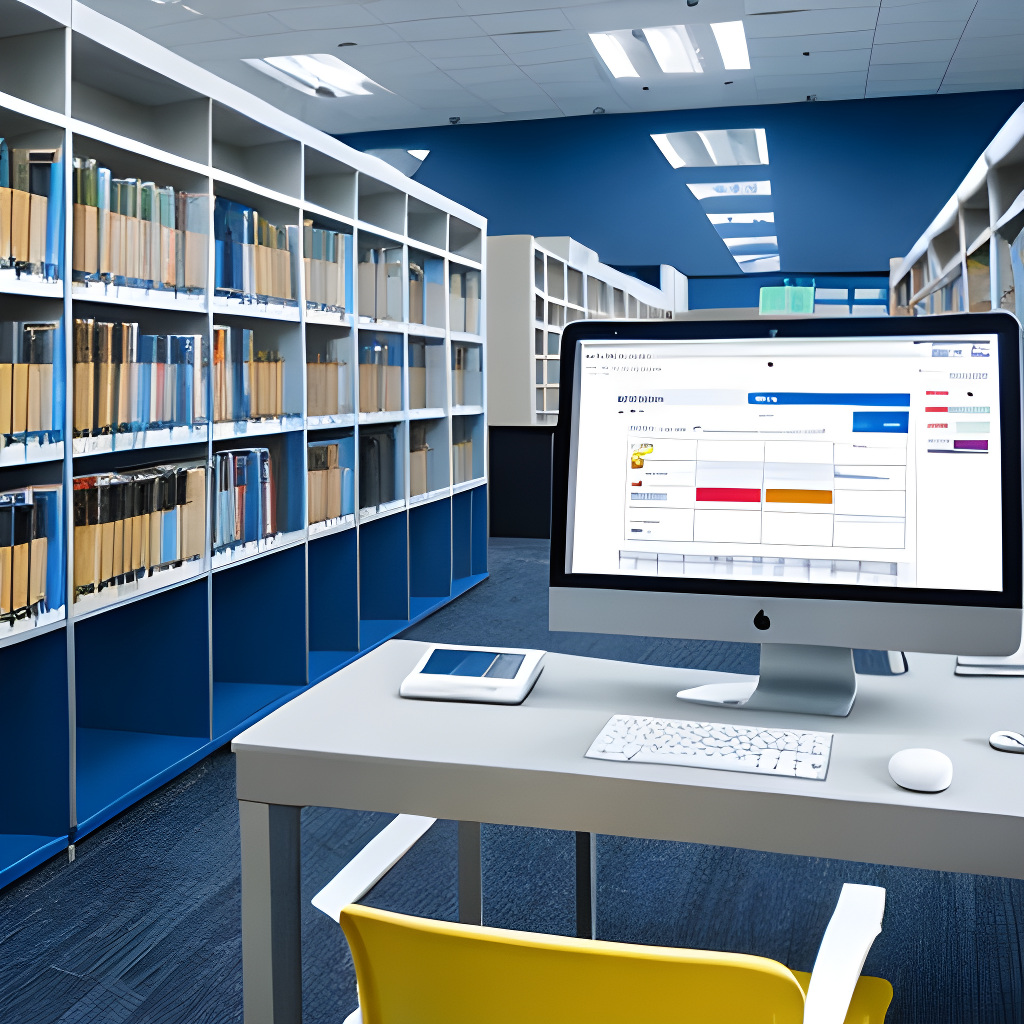Exploring How Library Management Systems Work

Unveiling the Working Mechanism of Library Management Systems A library management system (LMS) is a software application that helps library staff manage, organize, and maintain a library’s collection efficiently. An LMS automates many library tasks, making it easier to manage the library, track inventory, and provide services to library patrons. Functions of a Library Management […]
Demystifying NFC VS RFID Unveiling Key Differences

Decoding the Differences: NFC vs. RFID Introduction NFC and RFID are two popular wireless communication technologies that have gained widespread adoption in recent years. Although they are often used interchangeably, there are some key differences between these two technologies. In this blog post, we’ll explore what NFC and RFID are, how they work, and the […]
RFID and Biometric Student Attendance Systems

RFID and Biometric Student Attendance Systems In recent years, many schools have started implementing advanced technologies such as RFID and biometric student attendance systems to track attendance. These systems have numerous benefits for schools, including: Improved accuracy: Traditional methods of taking attendance, such as paper-based systems or manual entry into a computer, can be time-consuming […]
Revolutionizing Libraries: The Future Unveiled by RFID Technology

The Future of Libraries: How RFID Technology is Transforming Library Management Introduction In the digital age, libraries are evolving beyond their traditional roles. They are no longer just repositories of books but are becoming dynamic hubs of community engagement and learning. A key driver of this transformation is Radio Frequency Identification (RFID) technology. This technology […]
